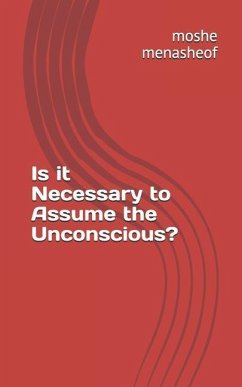
Shizuka and Zen How to be Happy When Mentally Ill

PAYBACK Punkte
10 °P sammeln!
In the profound pages of "Shizuka and Zen: How to Be Happy When Mentally Ill," immerse yourself in a collection of Zen ruminations that explore the intricate interplay between mental health and happiness. This remarkable book offers a unique perspective, blending the timeless wisdom of Zen philosophy with the challenges faced by those grappling with mental illness. Drawing from the wellspring of Zen teachings, the author delves into the depths of the human experience, shedding light on the path toward happiness amidst the storms of a troubled mind. Through introspective contemplation and thoug...
In the profound pages of "Shizuka and Zen: How to Be Happy When Mentally Ill," immerse yourself in a collection of Zen ruminations that explore the intricate interplay between mental health and happiness. This remarkable book offers a unique perspective, blending the timeless wisdom of Zen philosophy with the challenges faced by those grappling with mental illness. Drawing from the wellspring of Zen teachings, the author delves into the depths of the human experience, shedding light on the path toward happiness amidst the storms of a troubled mind. Through introspective contemplation and thoughtful insights, readers are invited to embrace their mental health struggles as opportunities for growth and self-discovery. "Shizuka and Zen" challenges traditional notions of happiness and reframes our understanding of mental illness. It guides readers to look beyond the surface of their conditions, exploring the profound depths of mindfulness, acceptance, and self-care. With gentle wisdom, this book reminds us that true contentment lies not in the absence of suffering, but in our ability to navigate it with compassion and resilience. Imbued with compassion and empathy, this book serves as a beacon of hope for those seeking a way to find happiness while living with mental illness. It offers practical guidance, encouraging readers to cultivate a mindful presence and develop a sense of inner peace amidst the fluctuations of their mental health. "Shizuka and Zen: How to Be Happy When Mentally Ill" is an inspiring exploration that transcends the boundaries of traditional self-help books. It invites readers to embark on a transformative journey, where the fusion of Zen wisdom and mental health illuminates a path to profound happiness and well-being.













